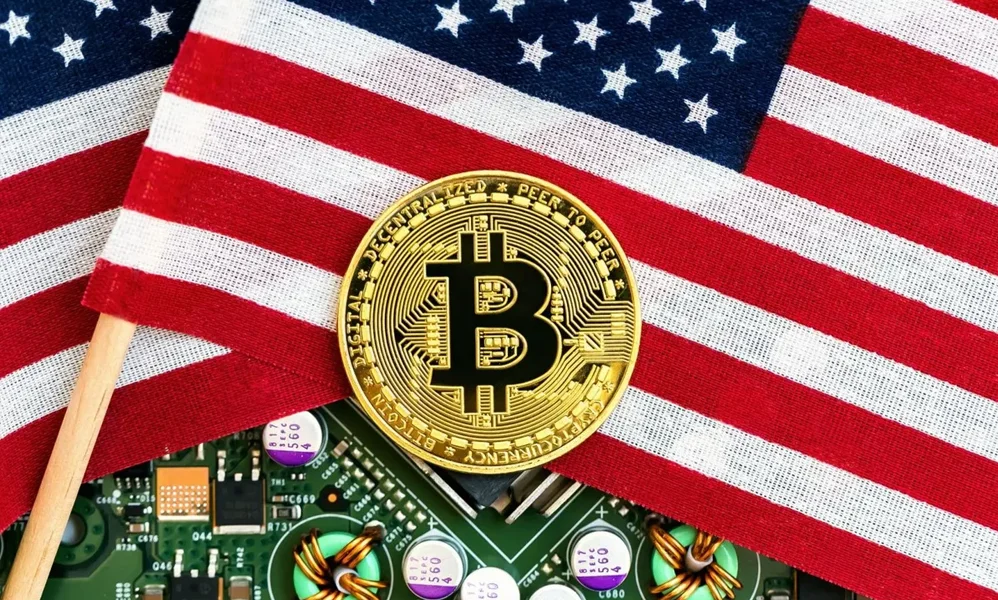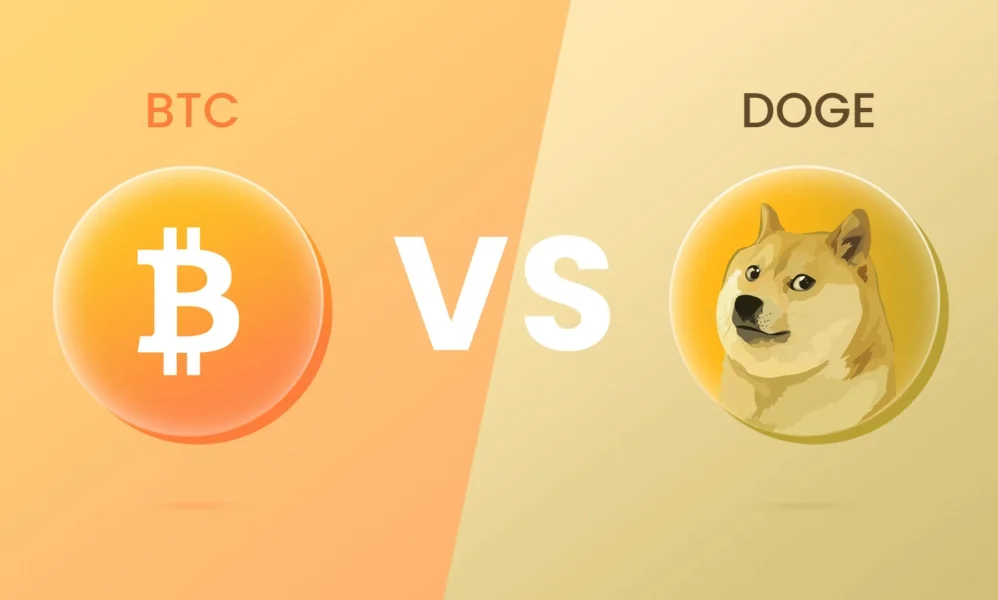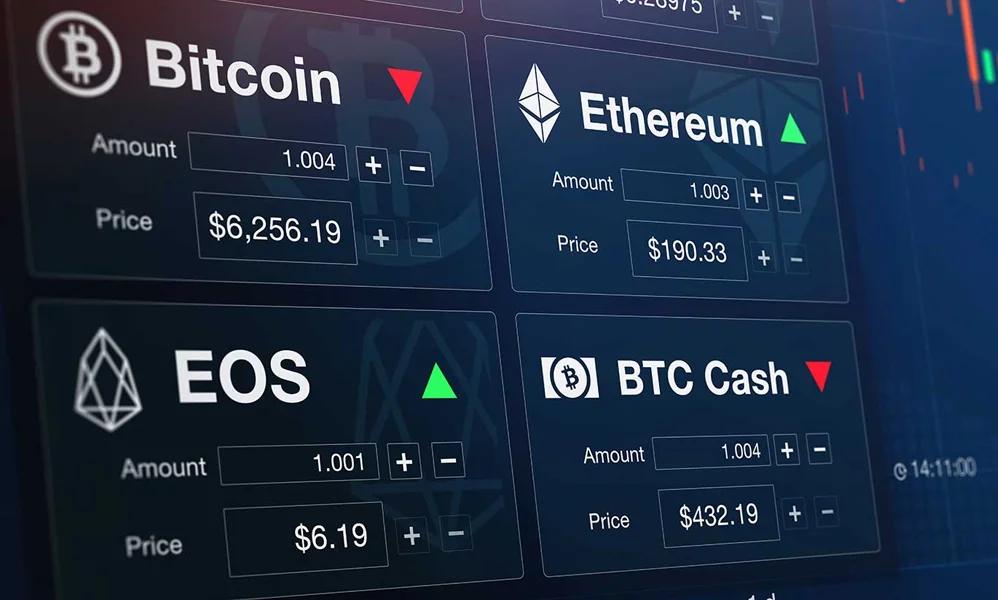As the 2024 U.S. presidential election approaches, market observers are beginning to reassess the potential impact of political events on Bitcoin prices. Historical data shows that U.S. elections typically have far-reaching effects on financial markets, and Bitcoin, as an emerging digital asset, is inevitably influenced by political dynamics. Recent key events provide a deeper perspective on this issue.

The Changing Landscape of Cryptocurrency Holders
At the Barron's Advisor 100 Summit, representatives from Bitwise indicated that some of the most powerful players in the financial industry are starting to incorporate Bitcoin and other cryptocurrencies into their personal portfolios. This trend marks a gradual acceptance of cryptocurrencies within mainstream finance. Bitwise emphasized that with the launch of Bitcoin ETFs, more investors are viewing it as a worthwhile asset class.
This shift reflects not only the attributes of cryptocurrencies themselves but also investors' uncertainties regarding traditional financial markets. As noted by Bitwise, the growing support for Bitcoin among financial advisors signals important economic logic and market signals worth our attention.
The Need for Interoperability
In exploring Bitcoin and its ecosystem, a partner at Variant mentioned that interoperability is a core prerequisite for building the future internet. For Bitcoin, this means being able to seamlessly connect with other applications and data platforms, thereby expanding its use cases and enhancing user experience. For instance, consumers using Bitcoin for purchases may wish to receive personalized recommendations through related applications, increasing their usage frequency.
The realization of this interoperability can not only enhance Bitcoin's practicality but also potentially drive its price upward. As more applications support Bitcoin, demand for the asset may accelerate, leading to positive market expectations regarding its price.
Market Expectations for the Future
The Chief Investment Officer of Arca pointed out that after a brief downturn, the market has regained confidence in cryptocurrencies. This change is closely linked to the Federal Reserve's monetary policy. Expectations of interest rate cuts have led investors to reassess the value of risk assets, and Bitcoin's appeal as a hedge against inflation has further intensified.
Historically, the stock market has shown clear trends during election periods, a trend that is also reflected in Bitcoin's price volatility. Bitcoin's correlation with traditional financial markets is increasing, especially under the influence of indicators like the S&P 500, providing important clues for analyzing future market dynamics.
Historical Impact of U.S. Elections on Bitcoin
Looking back at previous U.S. elections, Bitcoin's price fluctuations have often been closely tied to election outcomes. During the elections in 2016 and 2020, the market generally exhibited risk aversion towards risk assets. Such uncertainties often led to a surge in demand for cryptocurrencies like Bitcoin, as investors sought safe assets to hedge against inflation and market volatility. Moreover, the policy directions following elections (such as monetary policy and fiscal stimulus measures) cannot be overlooked for their long-term impact on Bitcoin prices.
Reasons for Bullish Sentiment
Analysts generally believe that the current macroeconomic environment provides bullish reasons for Bitcoin. Firstly, as the Federal Reserve cuts interest rates, increased liquidity enhances the appeal of risk assets, with many investors viewing Bitcoin as an effective tool against inflation. Secondly, an increasing number of financial institutions and investors are incorporating Bitcoin into their asset allocations, a trend that will undoubtedly drive demand and push prices higher.
Furthermore, with the introduction of more financial products (such as Bitcoin ETFs), the availability and liquidity of Bitcoin are continuously improving, making it more attractive. This institutional participation injects new vitality into the market and may propel Bitcoin prices to new heights.
Reasons for Bearish Sentiment
Despite the compelling bullish arguments, bearish sentiments still exist in the market. On one hand, uncertainties surrounding the U.S. election results may lead to selling pressure in the short term. Investors may adopt conservative strategies ahead of the elections to mitigate potential risks. On the other hand, while Bitcoin is receiving increasing attention, its price volatility remains significant, and any negative news could quickly impact market sentiment, leading to price declines.
For example, changes in regulatory policies, uncertainties in the macroeconomic landscape, and risks associated with a global economic slowdown could all act as bearish factors for Bitcoin prices. Investors need to closely monitor these dynamics to gauge market trends.
Exclusive Analysis
By synthesizing the above factors, market analysts suggest that despite short-term volatility and uncertainties, Bitcoin's fundamentals remain strong in the long run. With the acceleration of global economic digitization and the sustained growth in demand for digital assets, Bitcoin may occupy an increasingly important position in future markets.
At the same time, investors should pay attention to potential policy changes that may arise after the elections. For instance, if the new government implements more accommodative monetary policies, it could further enhance Bitcoin's attractiveness; conversely, stricter regulatory measures could dampen positive market sentiment.
Conclusion
As the U.S. presidential election draws near, the Bitcoin market is at a critical juncture. Historical data indicates that political events can significantly impact the market. Leaders in finance are beginning to embrace this digital asset, and the realization of interoperability along with the restoration of market confidence lays the groundwork for Bitcoin's future development. Against this backdrop, the role Bitcoin will play in future political and economic environments deserves close attention from all market participants.
Related Articles

Differences between Bitcoin and Dogecoin
Bitcoin and Dogecoin are two different cryptocurrencies. Although they share some similarities, there are significant differences at their core. Bitcoin is the first cryptocurrency, designed to be a decentralized digital currency primarily used for value storage and transactions, with a total supply capped at 21 million coins.
October 10, 2024
Where is the best Bitcoin exchange?
Choosing the right Bitcoin exchange depends on several factors, including security, fees, liquidity, user experience, and legal regulations in your location. Below is a detailed analysis of some of the top global Bitcoin exchanges to help you make an informed decision.
October 10, 2024
Future Development Trends of Bitcoin: Increased Global Acceptance and Market Outlook
The future development trends of Bitcoin may focus on several aspects: as global acceptance of digital assets increases, countries will establish clear regulatory policies to promote its legalization
October 9, 2024
How to Buy Bitcoin on the Etoro App?
The most basic way to buy Bitcoin on the Etoro app is to first log into your Etoro account, then search for "BTC" or "Bitcoin" on the market page, and select the Bitcoin trading pair. Next, click the "Trade" button, enter the amount or quantity you want to purchase, set the stop loss and take profit levels (optional), and finally confirm and execute the trade. Please note that Etoro offers CFD trading rather than direct cryptocurrency purchases.
September 27, 2024
What is Fractal Bitcoin?
Fractal Bitcoin is emerging as a promising scalability solution that is gaining widespread attention. It constructs a multi-layered network structure through recursive virtualization technology, not only enhancing the scalability of Bitcoin but also ensuring a secure connection with the main network.
September 26, 2024
